Improving Soil Health with Summer Food Plots
Soil health is the basis of any successful agricultural or food plot plan. Healthy soil provides the nutrients and structure necessary for plants to thrive, ensuring that your deer have the best forage available. One of the most effective methods for improving soil health is to plant a summer food plot, which will not only improve the soil, but also give your deer herd abundant nutrition at one of the most crucial times of the year. This process is known in the agricultural world as “cover crops”, which are not used for harvesting, but play a key role in maintaining a healthy soil environment for good crop yield. The same can be done with a summer food plot, which will benefit your fall/winter food plots to be planted later. In this blog, we will take a look at a couple of Tecomate products that are good soil builders but also make great summertime food plots.
Tecomate Horn-maker Xtreme
Horn-make Xtreme is one of our tried-and-true summer blends that has been around for years. This blend consists of sunn hemp, forage peas, forage soybeans, and buckwheat, making it not only an excellent soil builder but great forage quality as well. The foundation of this mix is, no doubt, the sunn hemp. Sunn hemp (Crotalaria juncea) is a legume that excels in enhancing soil fertility. One of its most valuable properties is its ability to fix nitrogen in the soil, reducing the need for you to add nitrogen by using synthetic fertilizers. By naturally adding nitrogen to the soil, sunn hemp provides essential nutrients for fall/winter plants that you may put into your rotation that really thrive on nitrogen like cereal grains, brassicas, or corn. Additionally, sunn hemp’s deep root system helps prevent soil erosion and promotes good soil structure by increasing organic matter as it decomposes. It is also somewhat drought tolerant and grows at a quick rate, making it more graze tolerable than soybeans, lablab, or cowpeas. The peas and soybeans in this mix also add valuable nitrogen to the soil but are more known for their forage quality in the food plot world. Buckwheat is another key ingredient to this mix. Buckwheat (Fagopyrum esculentum) is a fast-growing, non-leguminous cover crop known for its ability to improve soil structure. Its root system helps loosen compacted soil, allowing for better water infiltration and root growth for following plants. Buckwheat also contributes unmatched organic matter, enhancing overall soil health. An added benefit of buckwheat is its ability to suppress weeds. Its quick growth and dense canopy shade out many common weeds. This is great for food plotters who may not have the time or the ability to control unwanted weeds through herbicides.
Tecomate Lablab Plus
Lablab Plus is another great product that can be used in rotation with your fall/winter plots that provide incredible forage and great soil-building qualities. The main components of this mix are the lablab, forage peas, and forage soybeans, which all put nitrogen into the ground, as previously discussed. However, this blend also contains sorghum/milo and sunflowers. Sorghum (Sorghum bicolor), also known as milo, is a cereal grain that has gained popularity as a cover crop due to its deep root system. These roots penetrate deep into the soil, breaking up compacted layers that allow better water absorption. Sorghum also contributes substantial organic matter to the soil as it decomposes. One of sorghum's standout features is its drought tolerance. Its deep roots allow it to access water from lower soil layers, making it a reliable option for regions with dry periods or inconsistent rainfall. Additionally, it can provide good weed suppression because of its height and density.
The Long-Term Benefits of Summer Plots
In conclusion, incorporating these plants into your management strategy is a proven way to improve soil health over time. These crops contribute nitrogen, suppress weeds, enhance soil structure, and increase organic matter—all of which are key components of healthy, productive soil. Whether you’re looking to reduce your reliance on synthetic fertilizers or aiming to just create an easier more sustainable growing environment, planting summer food plots is invaluable for enhancing soil life and ensuring long-term overall food plot success.
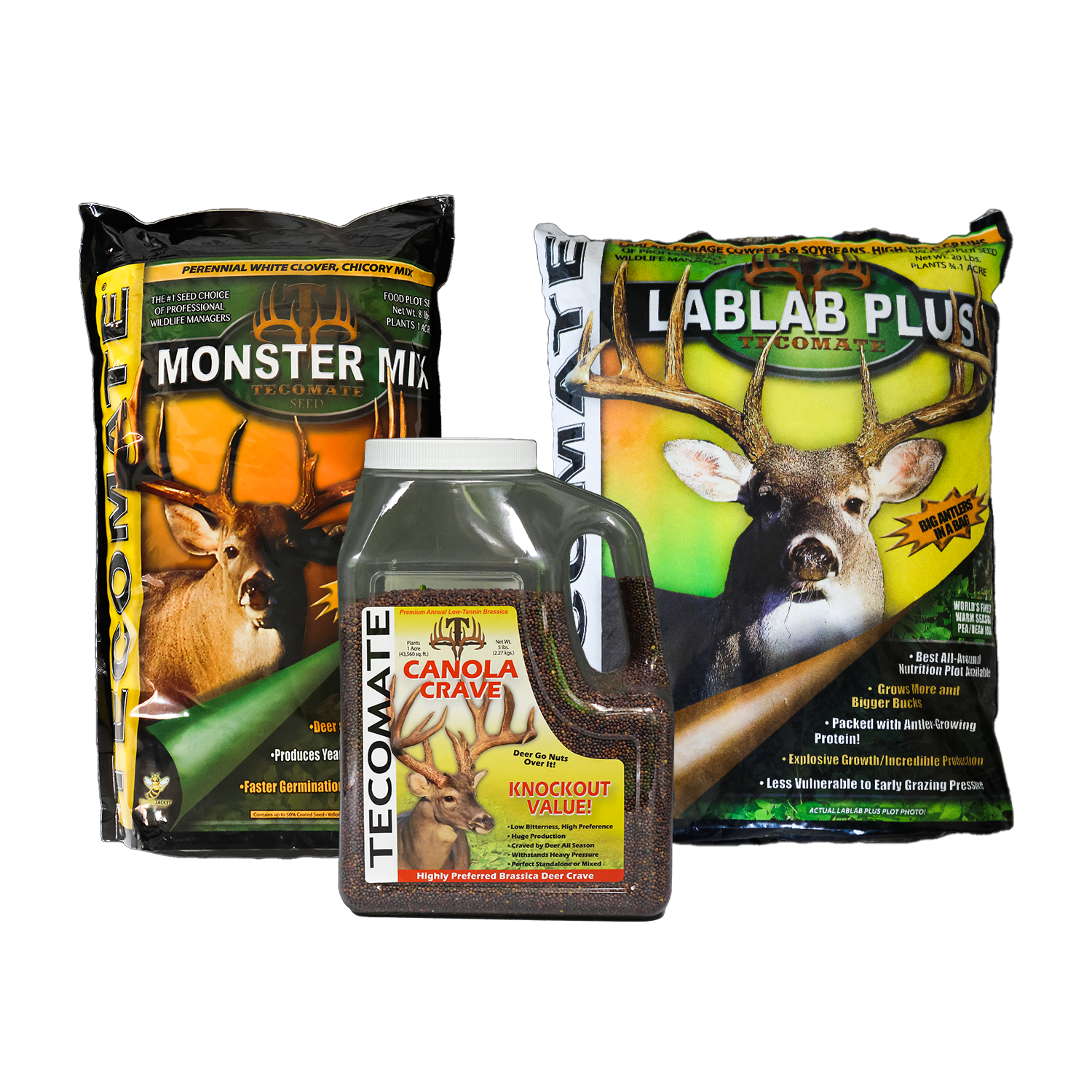
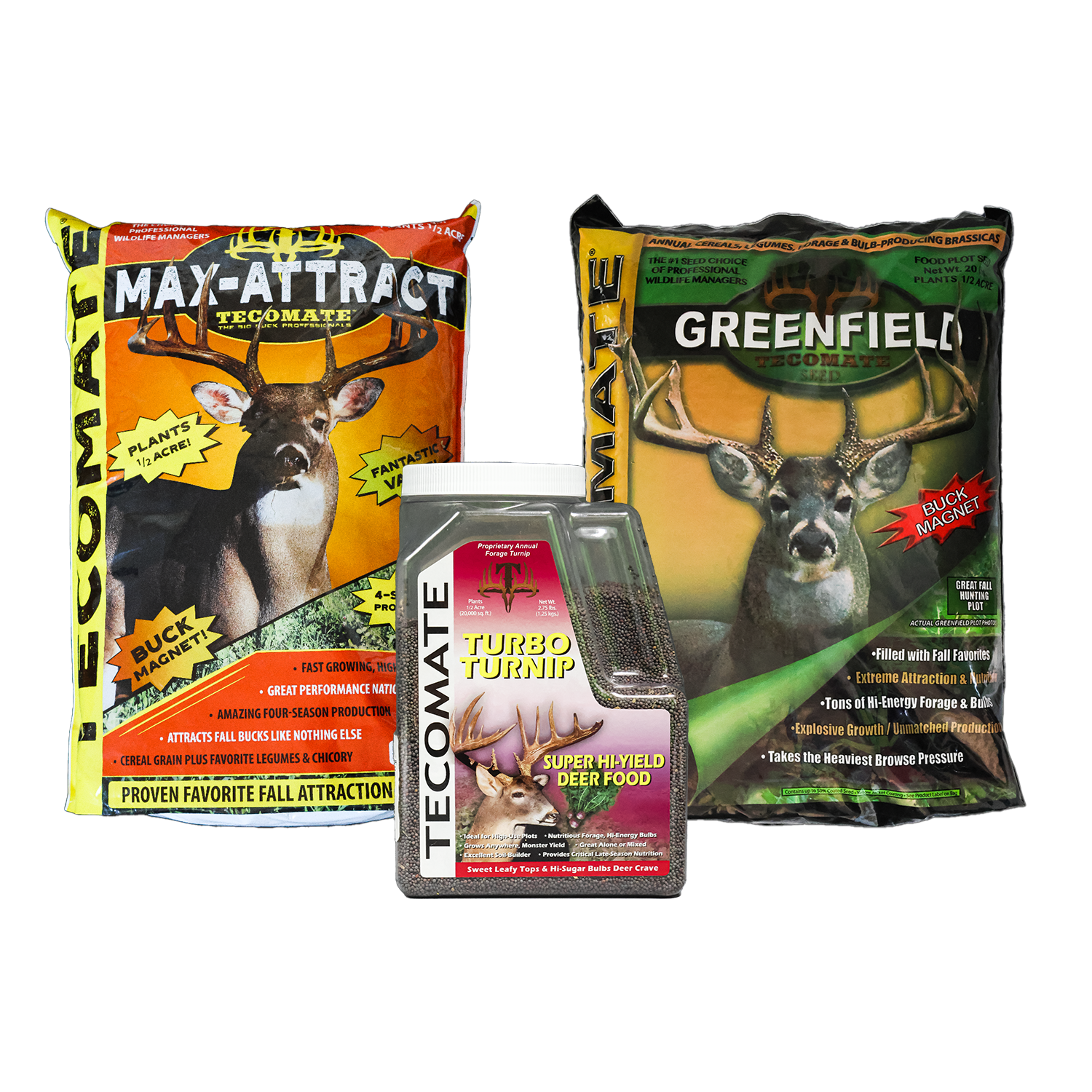
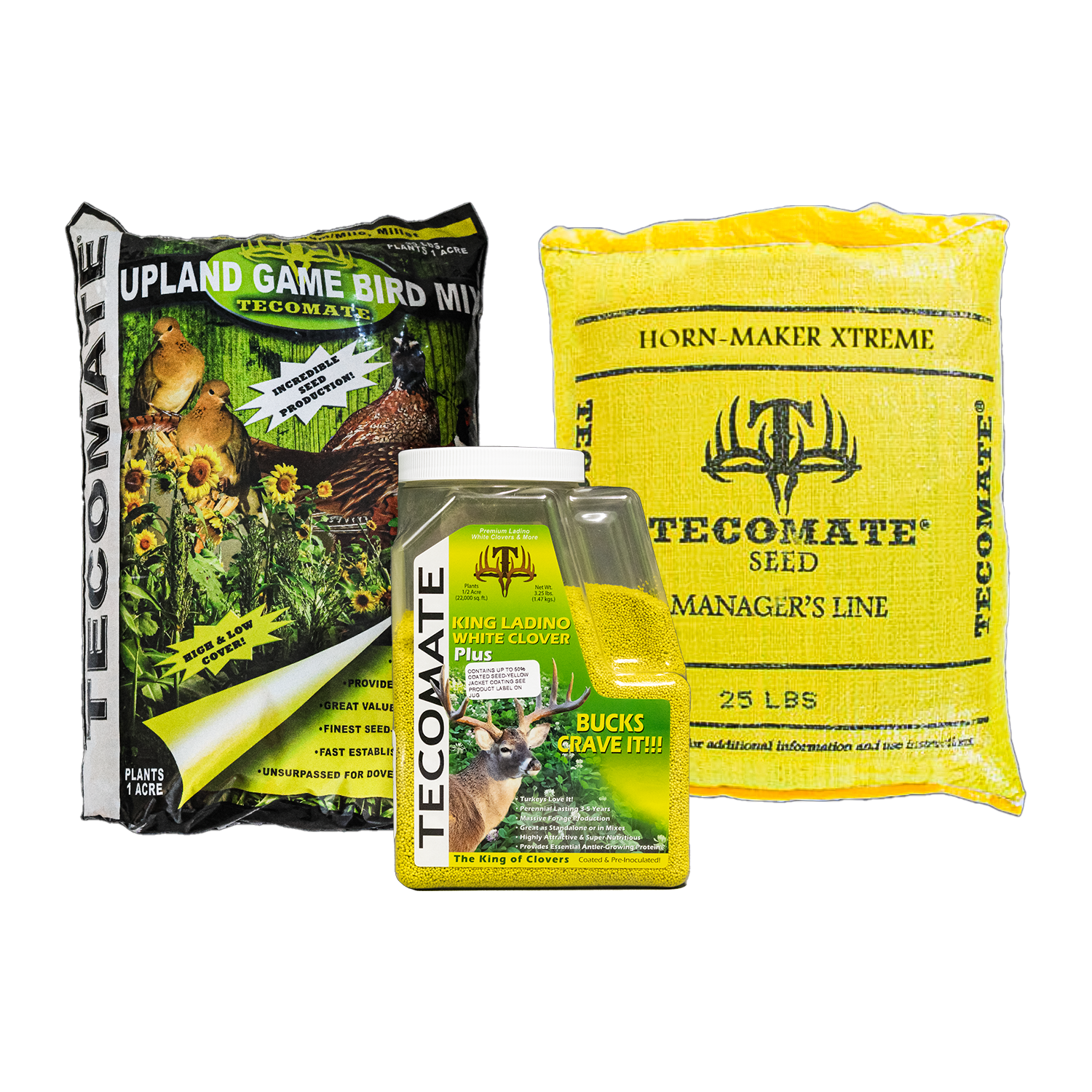
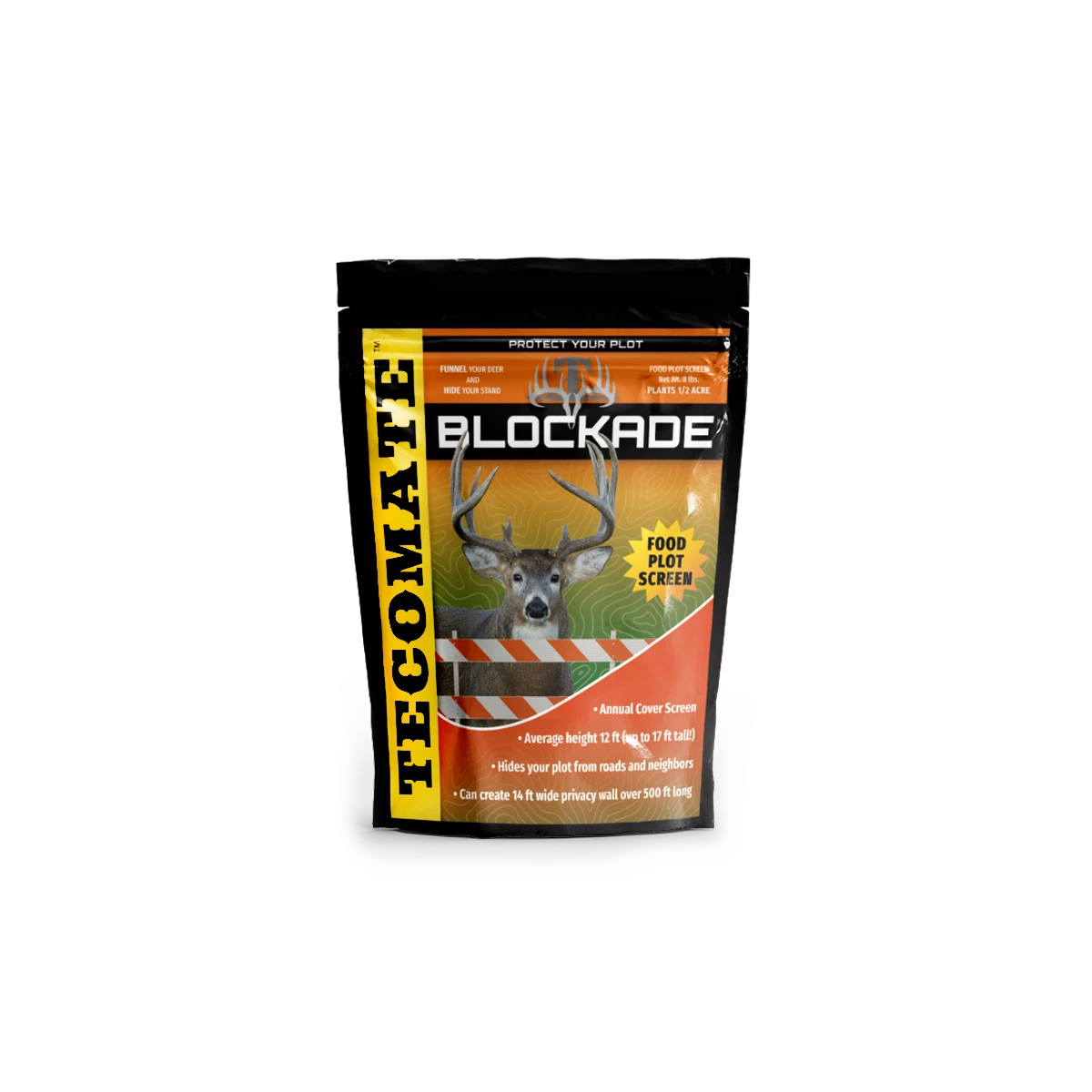
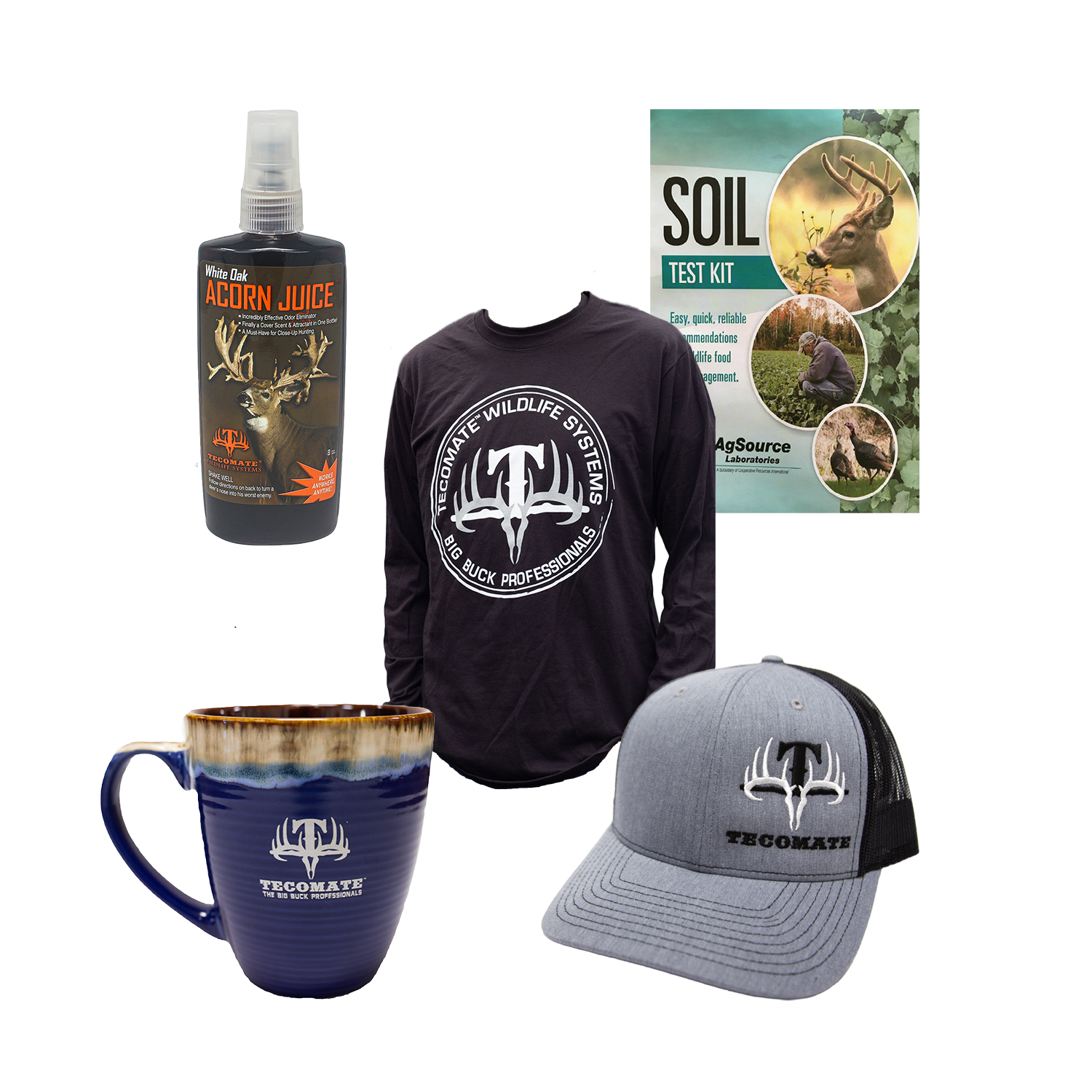
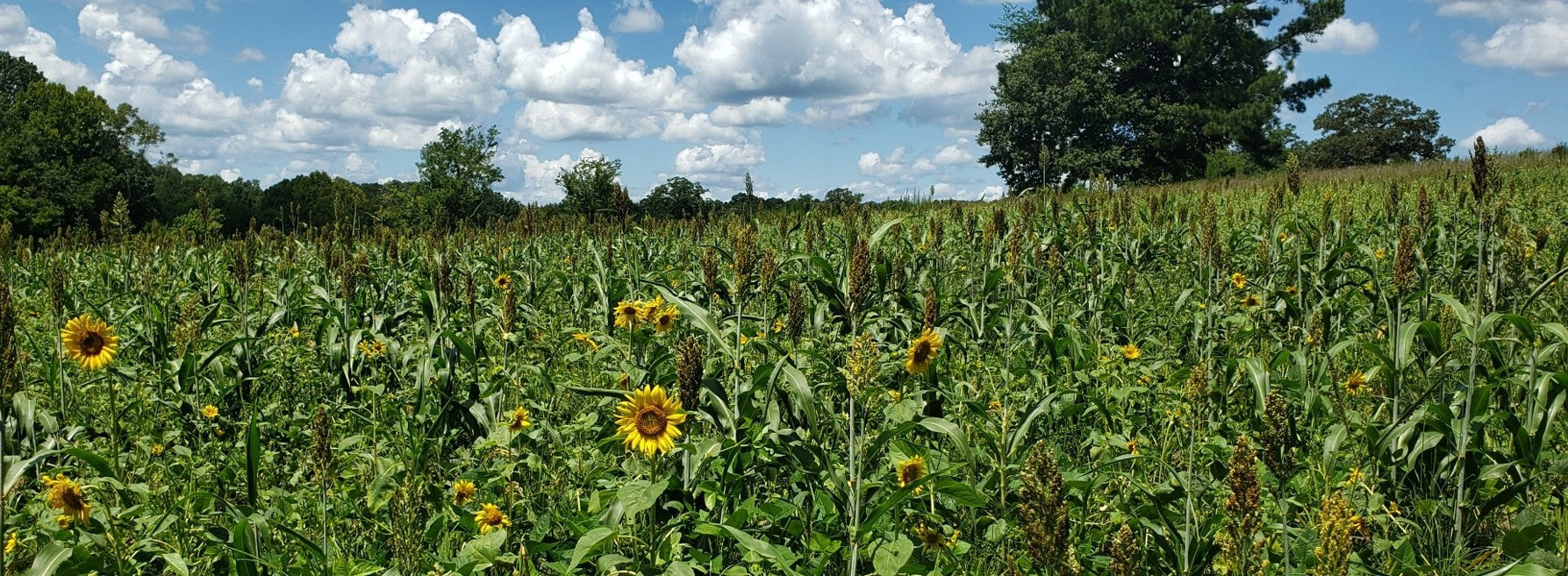
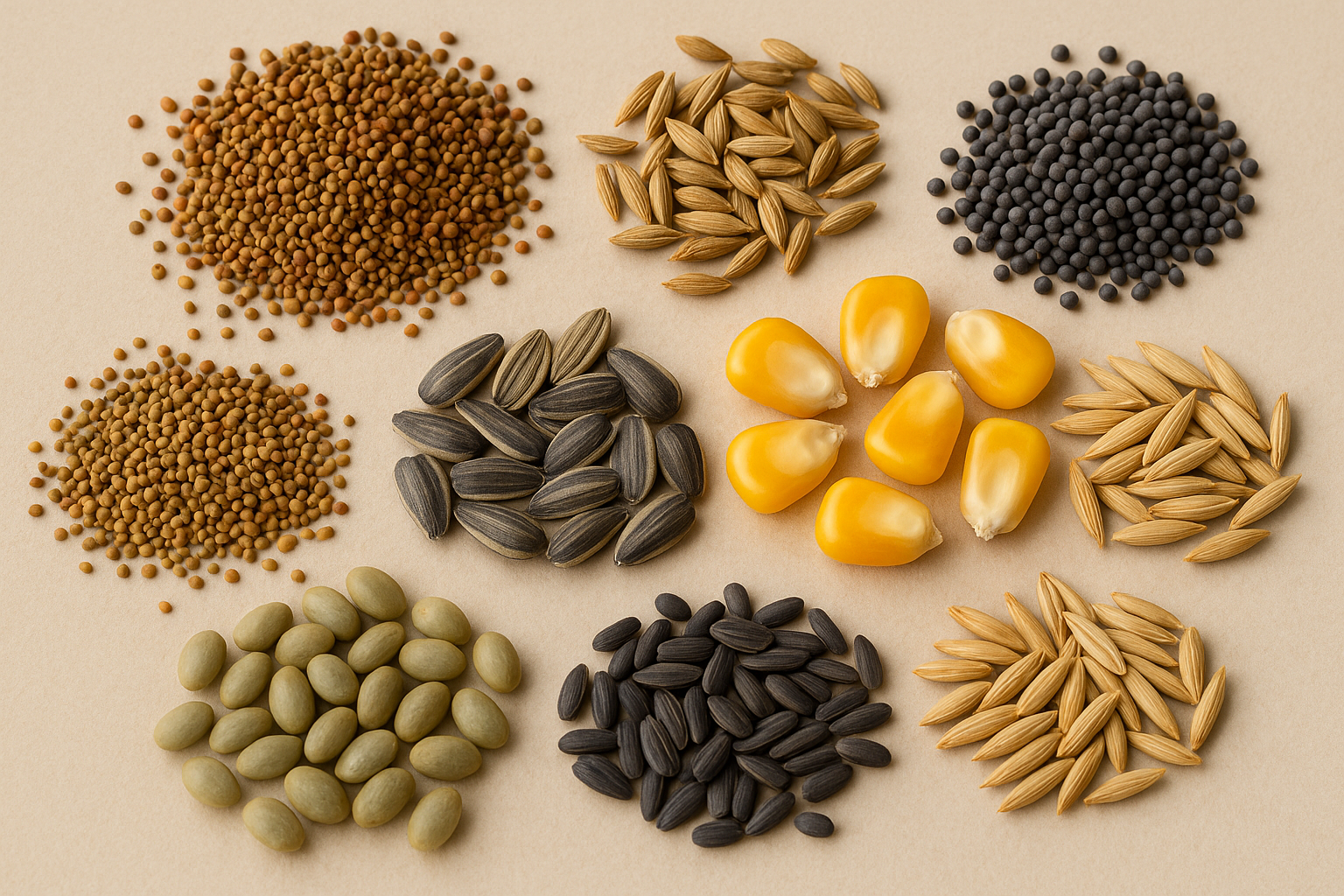


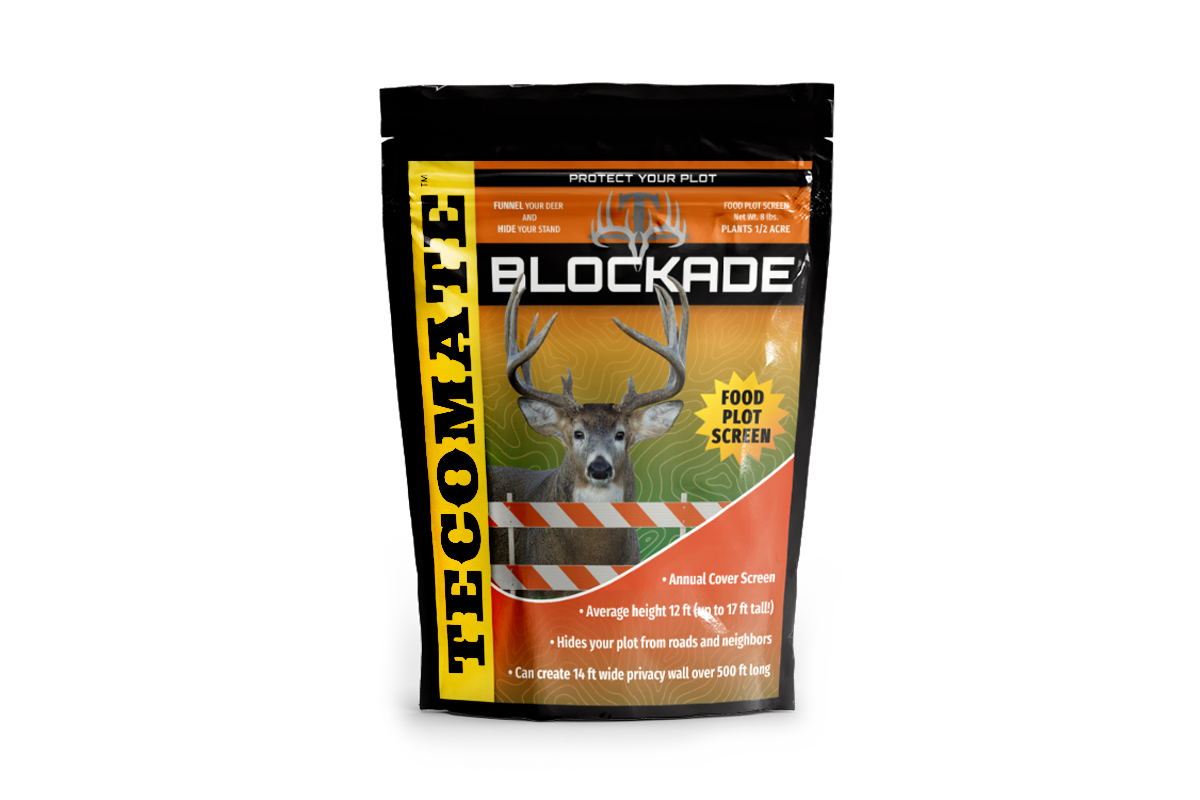

Leave a comment